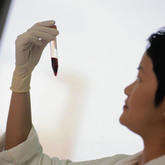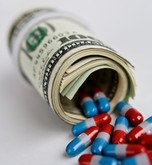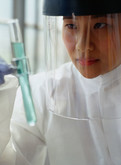Home/Reports
|
Posted 03/02/2017
Since it first developed guidelines for the approval of biosimilars via an abbreviated registration process during 2005 to 2006, the European Medicines Agency (EMA) has issued new guidelines and updated its existing guidelines based on new evidence and rapid advances in analytical sciences. In her presentation [1] at the 14th Annual Biosimilar Medicines Group Conference, Dr Martina Weise, Head of the Licensing Division at the Federal Institute for Drugs and Medical Devices (BfArM), discussed the changes in data requirements introduced in the European Union (EU).





























